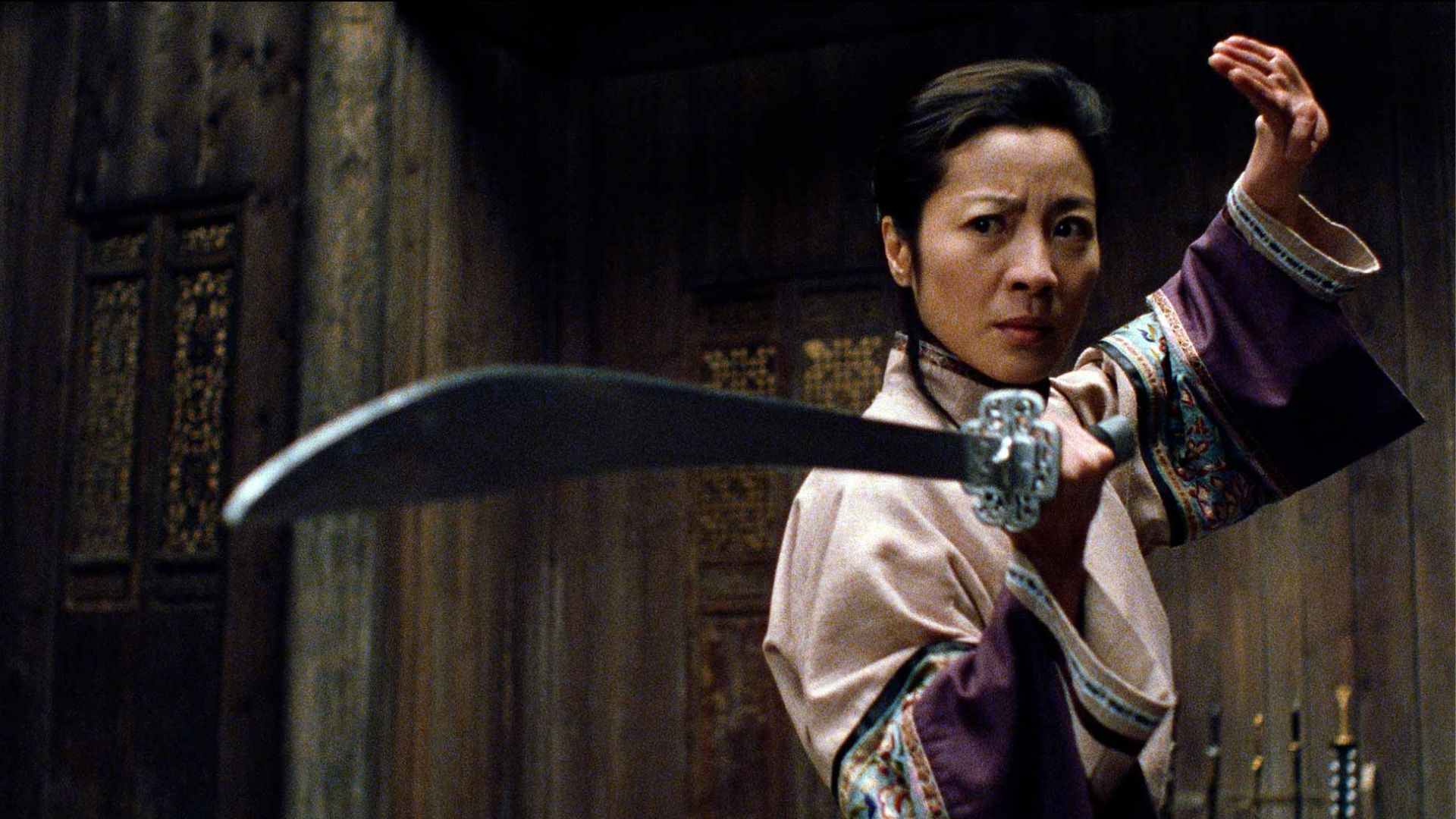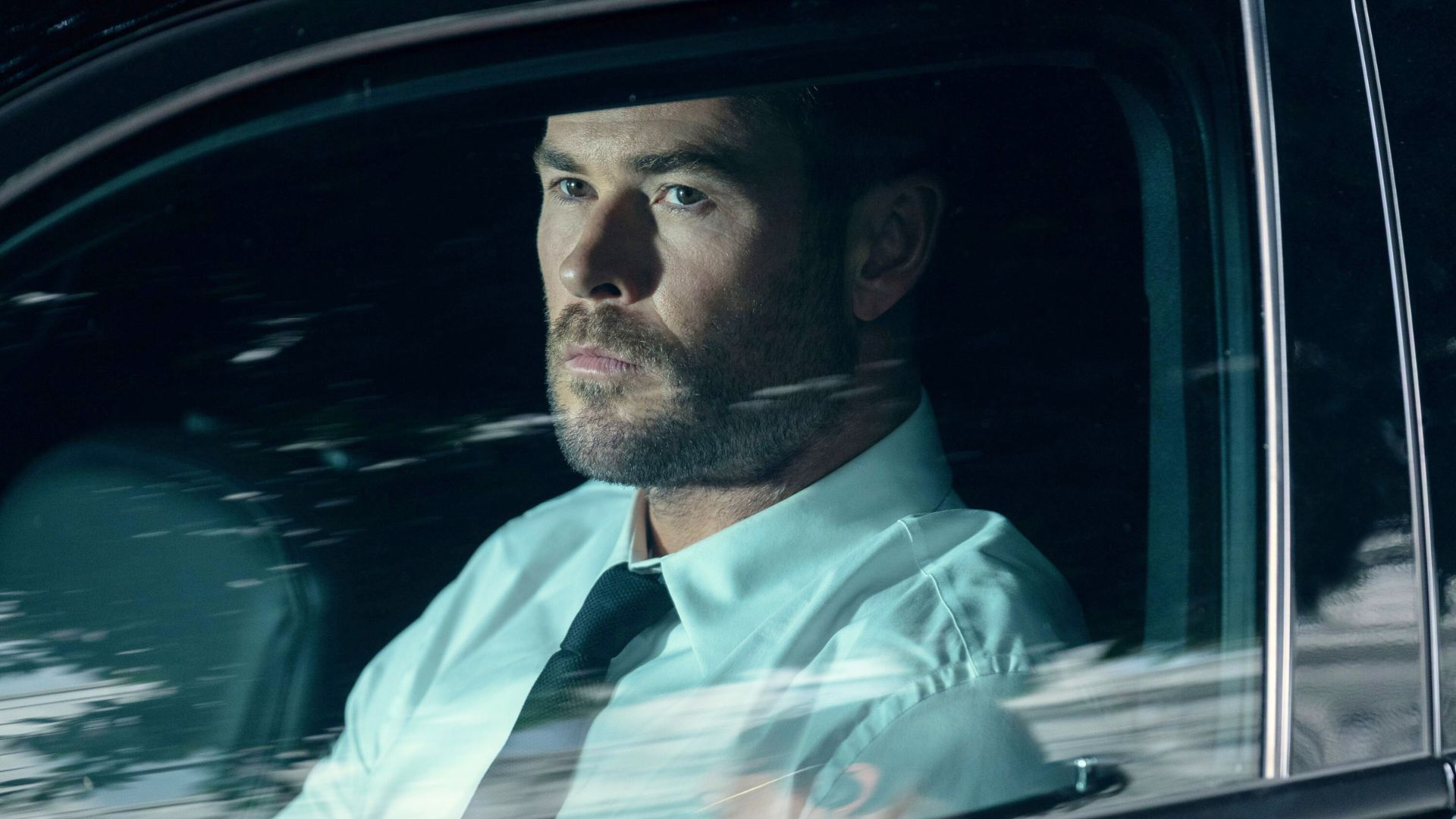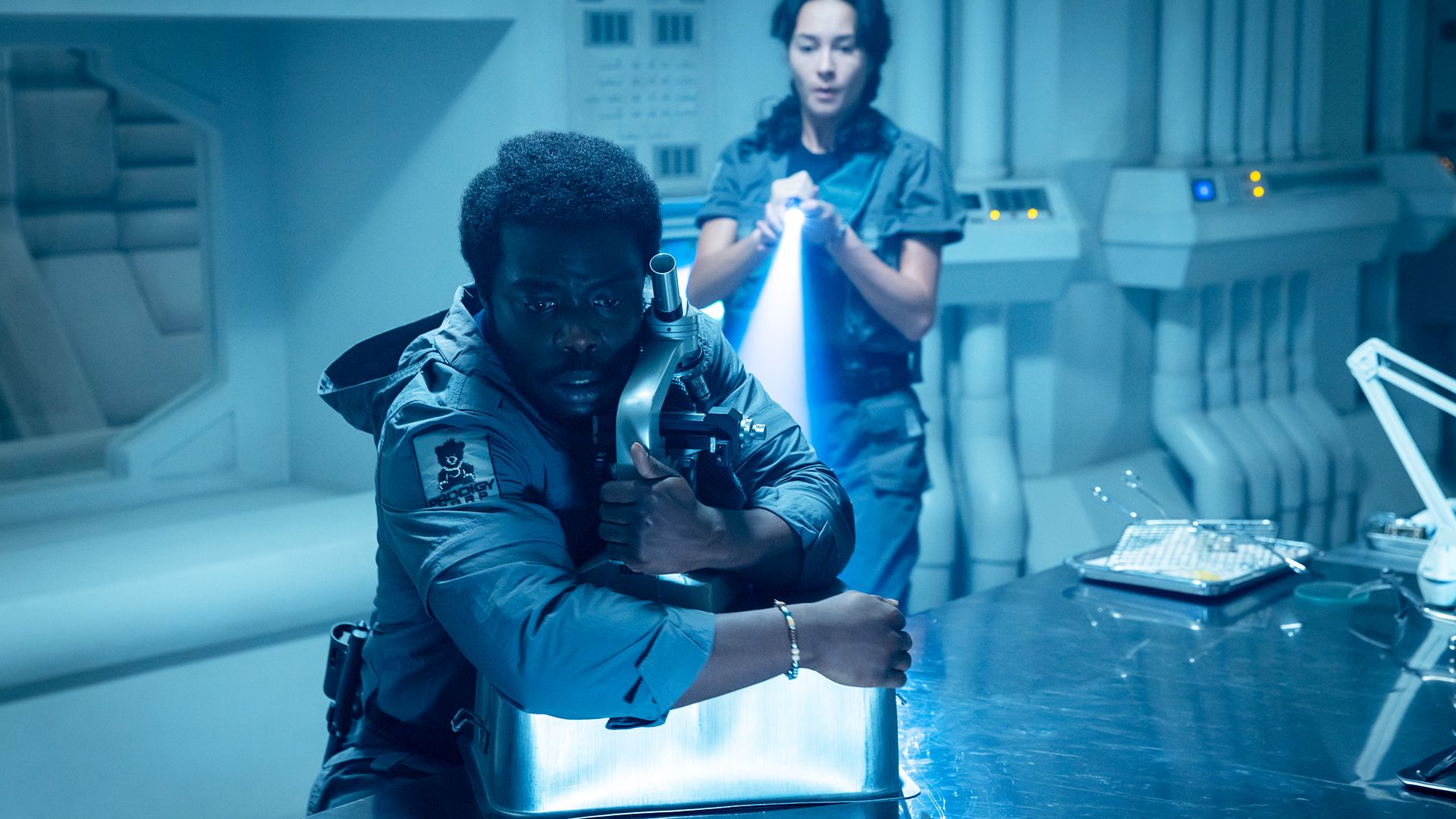Hilary Duff breaks silence on Ashley Tisdale’s ‘toxic mom group’ claims

Last month, Ashley Tisdale, 40, discussed leaving a difficult mothers’ group in an interview with The Cut, which led people to wonder if Hilary Duff, 38, was connected. Shortly after, Hilary’s husband, Matthew Koma, 38, publicly criticized Tisdale, calling her self-absorbed and insensitive – appearing to confirm the speculation.








